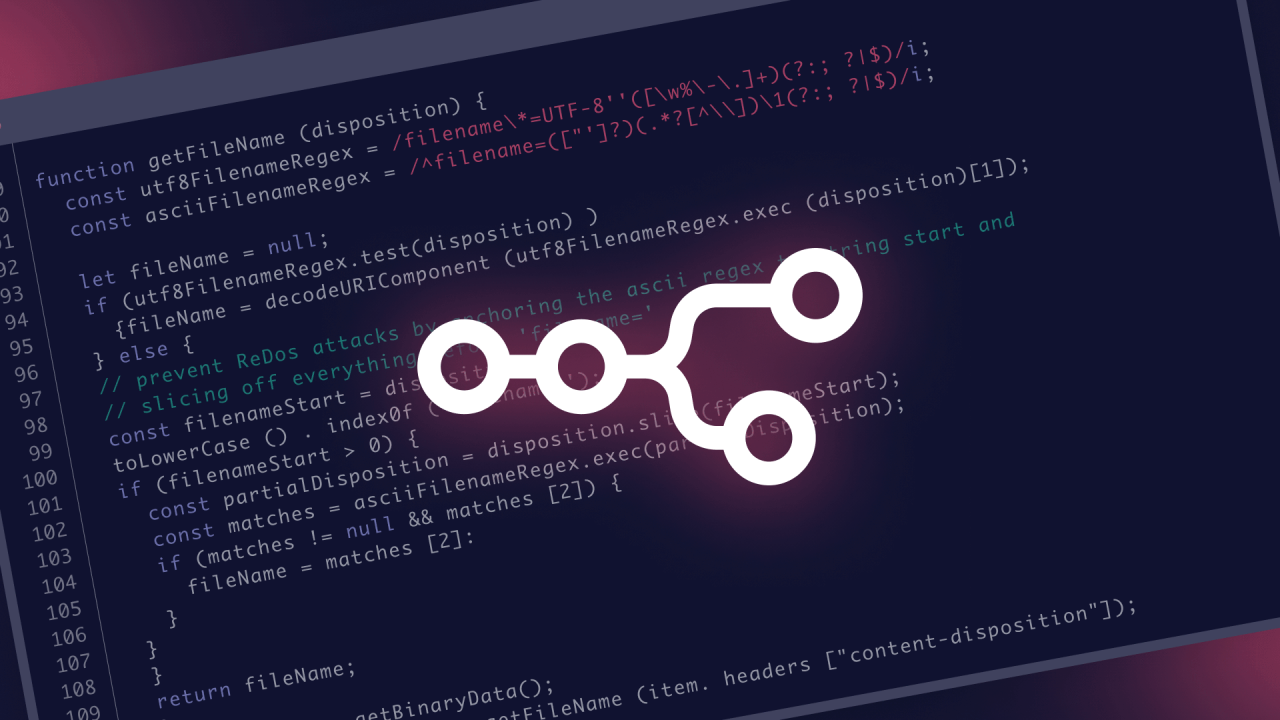Speed and precision are the heroes of the day in the new generation of software coding. Manual debugging and document-based development are no longer needed. Instead, AI coding assistants are the heroes of the coding universe—giving instant tips, reducing errors, and accelerating development cycles like never before.
Regardless of whether you’re an experienced programmer or just starting out on your first forays into coding, these smart tools have the potential to transform how you compose, examine, and refine code.
1. What Are AI Coding Assistants?
Most importantly, AI code assistants are sophisticated tools based on natural language processing and machine learning. Their ultimate goal is to support the coding activity by providing intelligent autocompletions, debugging assistance, and even code generation from natural language.
Contrary to standard IDE functionality, such tools learn from huge codebases and adapt to the coder’s coding style—improving with time.

2. Best AI Code Assistants to Follow in 2025
✅ GitHub Copilot
GitHub and OpenAI developed Copilot, a context-aware code suggestion feature that offers entire lines or blocks of code. It is also multi-lingual and plays well with popular editors like VS Code.
✅ Amazon CodeWhisperer
Perfect for AWS infrastructure developers, CodeWhisperer offers real-time code completions, security scanning, and cloud-aware suggestions—keeping teams productive and safe.
✅ Tabnine
Built for privacy-aware teams, Tabnine operates both online and offline and offers AI-powered completions of code from your own codebase.
✅ Codeium
Codeium is the new entry and offers real-time autocompletion, refactoring help, and inline docs—coupled with a free plan that supports over 20 languages.
3. Speed Advantages Beyond
Besides increasing productivity, AI coding assistants also improve the quality of code and allow teams to retire technical debt. Through detecting syntax errors, suggesting potential bugs, and suggesting best practices, such tools are silent reviewers during development.
They also facilitate faster learning for junior developers by emphasizing instances in real time and breaking down tricky logic into bite-sized pieces.

4. Limitations and Constraints
While they do have their uses, developers would do well to evaluate proposals skeptically. AI-driven tools can produce slow or even insecure code if used poorly. Thus, the blend of human guidance with the efficiency of AI is the most ethical path to pursue.
Privacy and intellectual property issues still apply—particularly when developing sensitive or proprietary code.
A Smarter Way to Code: Final Thoughts
In short, AI coding tools are not displacing programmers—they’re going to empower them. Removing the drudgery from the process, providing smart suggestions, and helping ensure improved code, these tools enable programmers to concentrate on innovation and debugging.
Ahead, clearly, those who incorporate AI into their process are going to be ahead on the competition—not just speed, but innovation too.







